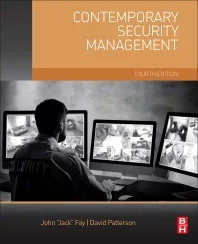TSA Meets Cargo Screening Deadline
The Transportation Security Administration (TSA) announced that the airline industry has met a key requirement of the 9/11 Act by screening 100 percent of air cargo on domestic passenger aircraft.
TSA said it is also continuing its work to improve cargo security on passenger flights originating in other countries. TSA requires 100 percent of high risk cargo to undergo security screening and has increased the requirements for overall cargo screening.
To meet the mandate, TSA created the Certified Cargo Screening Program (CCSP), which allows certified facilities across the country to screen cargo before it reaches the airport. CCSP facilities must be approved by TSA and adhere to strict security standards, including physical access controls, personnel security, and screening of prospective employees and contractors. A secure chain of custody must also be established from the screening facility to the aircraft.
Prior to the Aug. 1 deadline, more than 900 facilities became CCSP certified. This innovative program spreads the cargo screening responsibility, on a voluntary basis, throughout the supply chain to manufacturing facilities and distribution centers. TSA said this distributed screening effort has enabled over half of the more than 9 million pounds of cargo loaded onboard passenger-carrying planes each day to be prescreened, avoiding potential bottlenecks at airports.
Looking for a reprint of this article?
From high-res PDFs to custom plaques, order your copy today!





